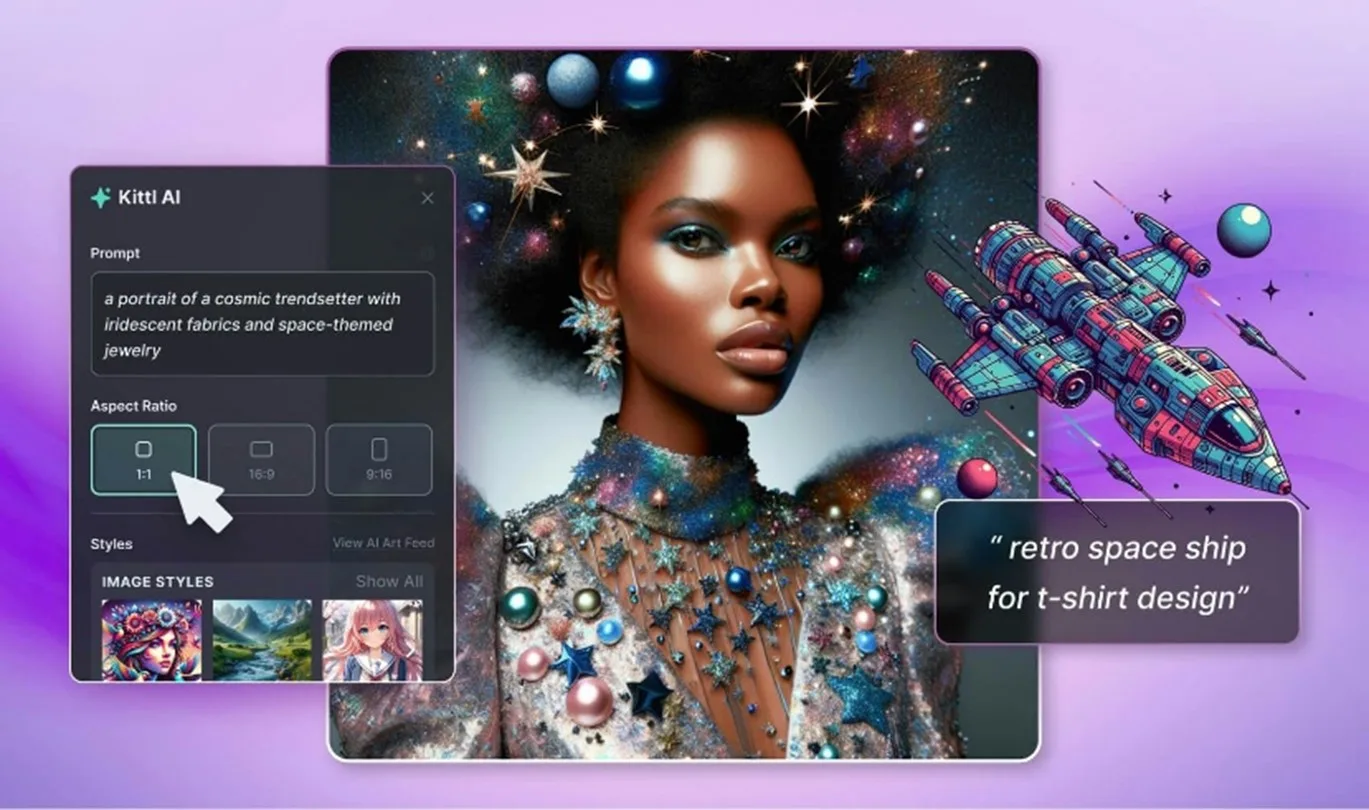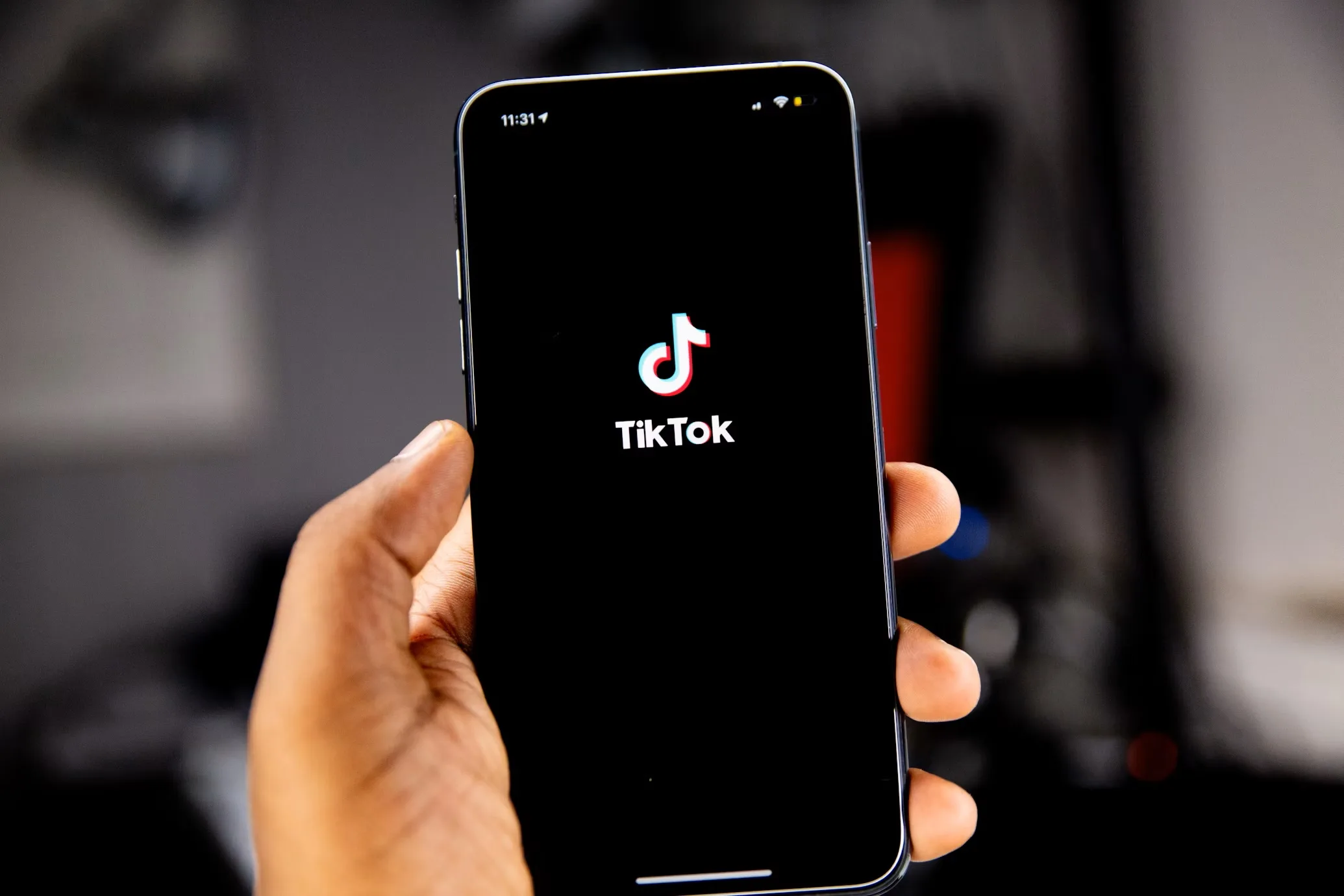
Last week it was announced that JD Wetherspoons was deleting all of its social media accounts – a bold move in a world obsessed with social!
Chairman Tim Martin said that it had consulted its pub managers before making the move, and “90-to-95% felt that using social media was not helping the business” – though of course it’s possible Wetherspoons wasn’t utilising the platforms in the business-helping way it could be.
However, Martin, always the contrarian, maintains: “We’ve got a massive commercial advantage because everyone else is wasting hours of their time”. There’s a difference though between not having the resources to do the job (and maybe pub staff shouldn’t be “wasting hours” tweeting) and not doing the job very well.
It could be argued that after a brand or company gets to a certain size, social media becomes less relevant. Wetherspoons is so ingrained in the British culture (cheeky pint at Spoons anyone?) that we doubt they’ll see an immediate downturn in business due to the move. However, they also won’t see any of the potential benefits. Because there’s another, and perhaps more important side to social media than churning out pub-related social media ‘brandfill’ is more likely to annoy potential punters than lure them inside.
Dedicated social media accounts mean an immediate connection with your customers, on a platform they regularly visit, and want to read. The suggestion in some media that Wetherspoons’ customers are not social media users is patronising in the extreme and to cut off one of their communication channels to the business seems short-sighted. It suggests that they don’t want to know what their customers think.
Social channels mean customers have somewhere easy they can go to when they want to complain about, or praise, a brand or company. While complaints and negative comments can overtake the positive, the trickier a complaints process, the more annoyed your customers will be. While brands may be much more likely to receive complaints via social than positive comments, this probably says more about us as a species than social media as a platform…
Responding directly to your customers shows them that you care. A brand interaction, no matter how small, can reinvigorate a consumer’s interest in a brand and make them feel like a valued customer, not just a nameless face in a crowd. A ‘like’ from a big brand goes a long way!
It remains to be seen whether this is a good move or bad for Spoons, but if the perception that it doesn’t want to hear from customers gains traction, it could do more commercial harm to the brand than letting pub staff tweet for 10 minutes a day.

Navigating the fast-paced media landscape requires a dedication to innovation and a deep grasp of industry trends. At the heart of this transformation is Artificial Intelligence (AI), a total game-changer reshaping how we handle tasks and workflows. If the thought of this new ‘co-worker’ freaks you out as much as… Read more

We’ve delved into the minds of some of the biggest brand innovators around to uncover their secrets of success and inspiration. Brands aren’t just threads in life’s fabric; they’re engines of inspiration. Behind these brands are some of the world’s most influential leaders, driving change and innovation. That’s why we’ve… Read more

It’s no secret that we’re currently living through the age of social media, where platforms such as TikTok have become more than just entertainment hubs with viral dances and comedic skits — but now a powerful marketing influence that’s totally shaping consumer behaviours and trends, particularly in world of grocery… Read more